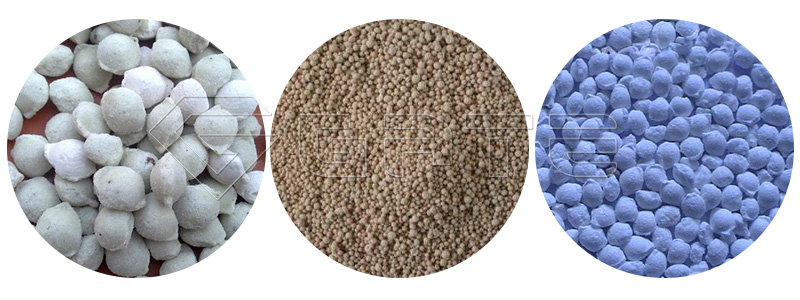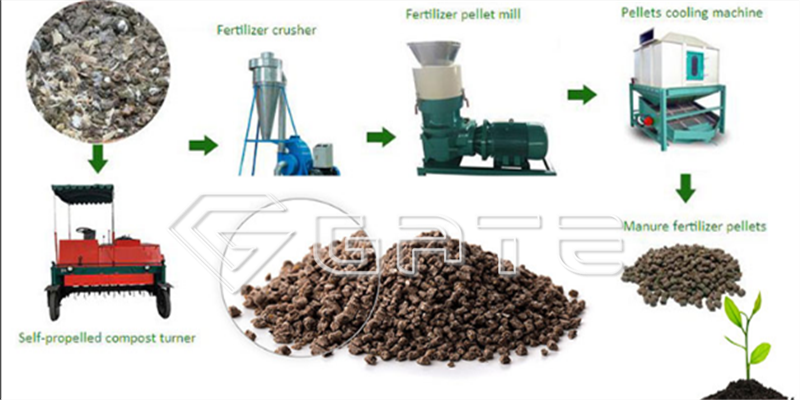How much do you know about organic fertilizer compost?
what is compost?
Organic fertilizer Composting is a natural process that recycles organic matter (such as leaves and animal waste) into a rich soil conditioner.Develop the habit of adding compost to the soil during each growing season because it is nutritious and promotes soil microbes that contribute to plant growth. In short, organic fertilizer compost is a decomposed organic matter.
Many benefits of organic fertilizer composting?
1. Organic fertilizer composting provides energy to the soil food web, which consists of microscopic bacteria and fungi as well as mites, mites and many other forms of life.
2. Many fungi form a symbiotic or mutually rewarding partnership with plant roots, allowing vegetables to feed themselves more effectively.
3. Studies have shown that organic fertilizer composting can enhance the ability of tomatoes and other vegetables to withstand common diseases, as well as improve their flavor and nutrition.
4. Organic fertilizer compost also helps the soil to retain moisture. By composting, you can enhance the garden’s ability to grow healthy plants while reducing the amount of waste.
What Is the Difference Between Compost and Fertilizer?
The easiest way to distinguish between compost and fertilizer is to keep this in mind: composting the soil and feeding the plants with fertilizer. Compost and organic fertilizer can be used together. The organic matter in the compost will supplement the fertilizer nutrients until the plants need them. You can use fertilizer without compost, but why miss the opportunity to increase soil fertility and moisturizing capacity? Soil that is regularly modified (ie, modified) with compost becomes very dark and brittle, Organic composting typically requires less fertilizer than soil that has not benefited from the conventional help of composting.



















Leave a Messages